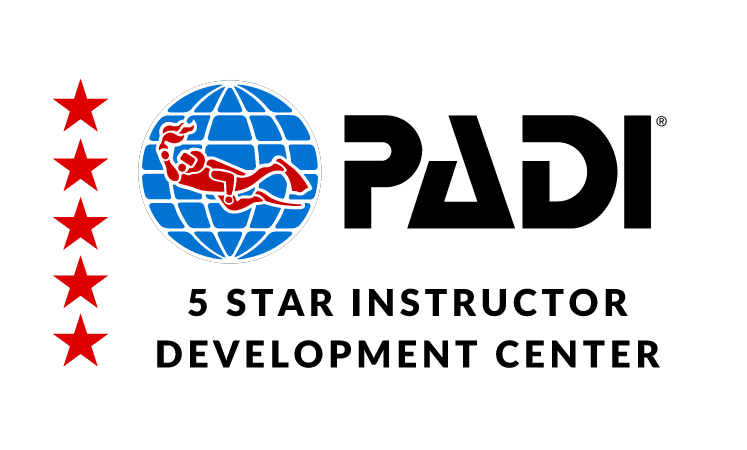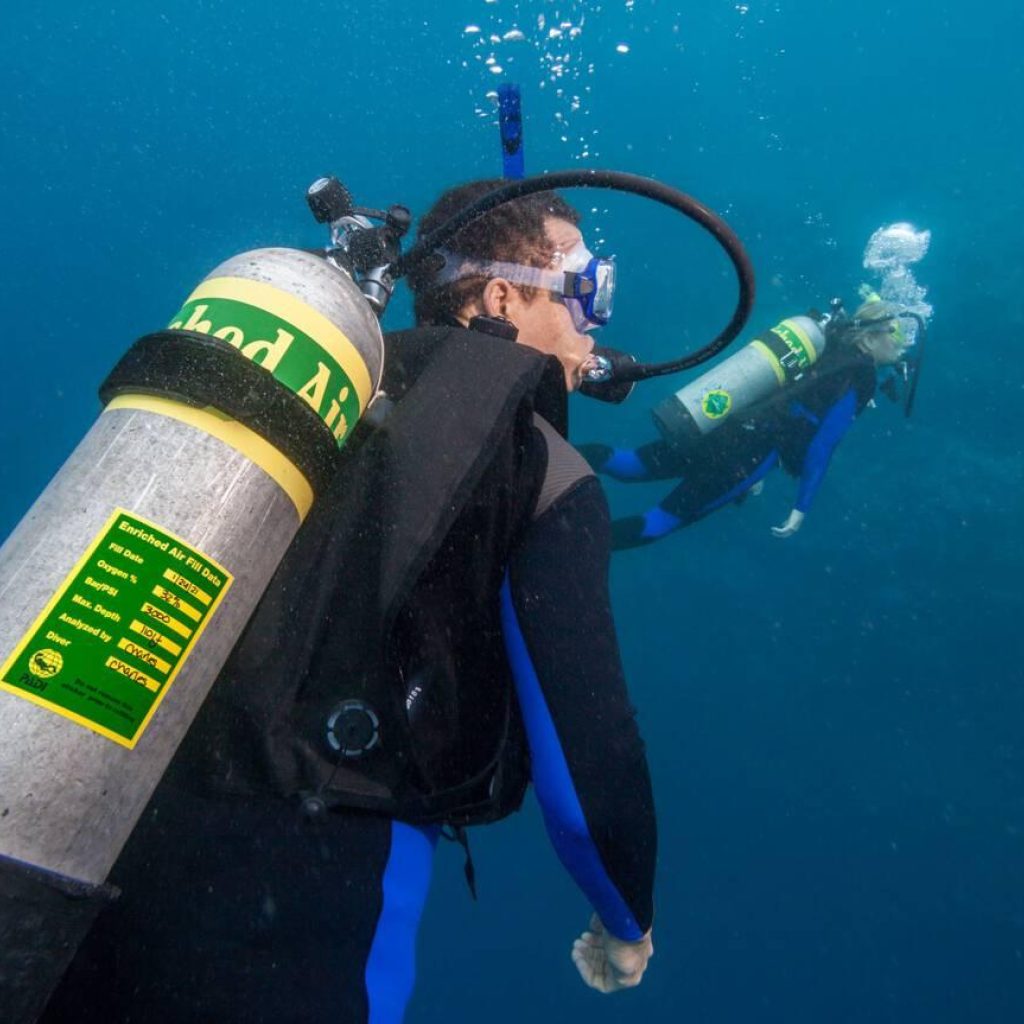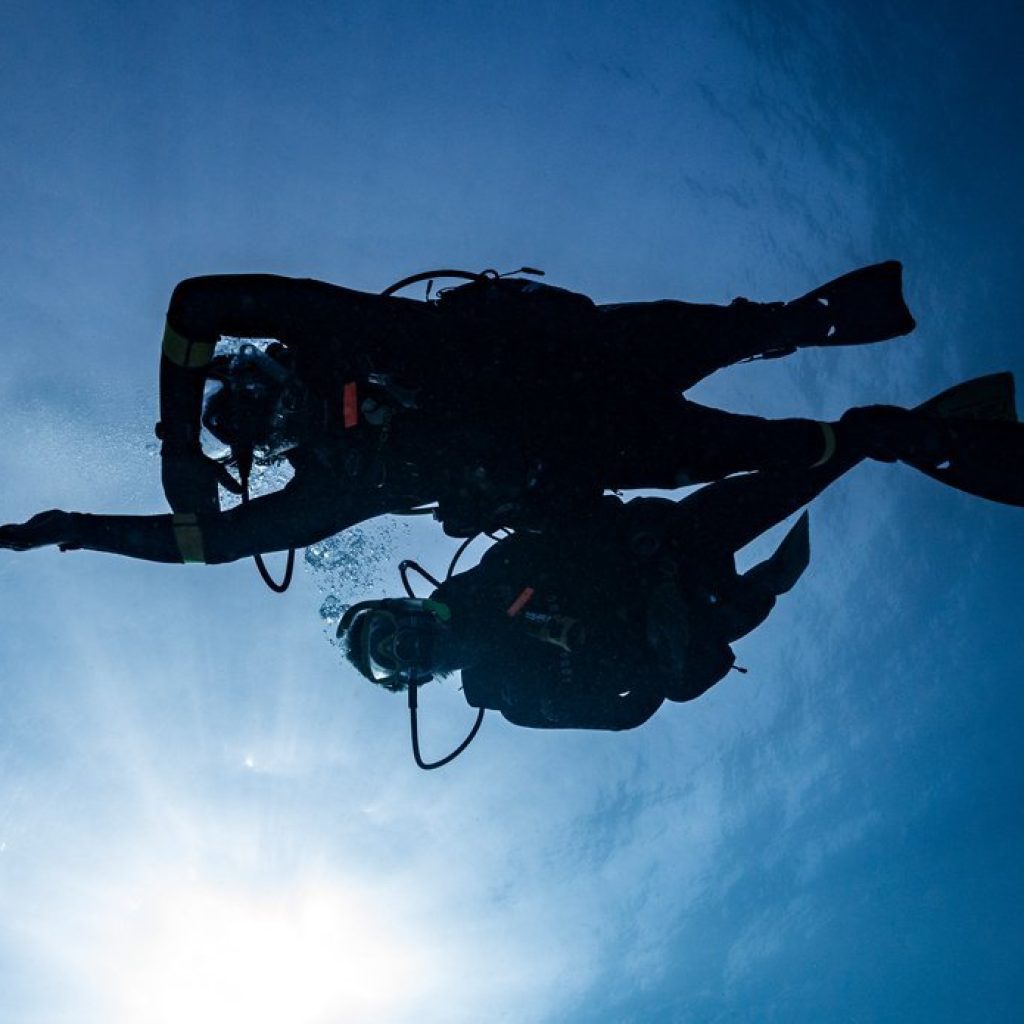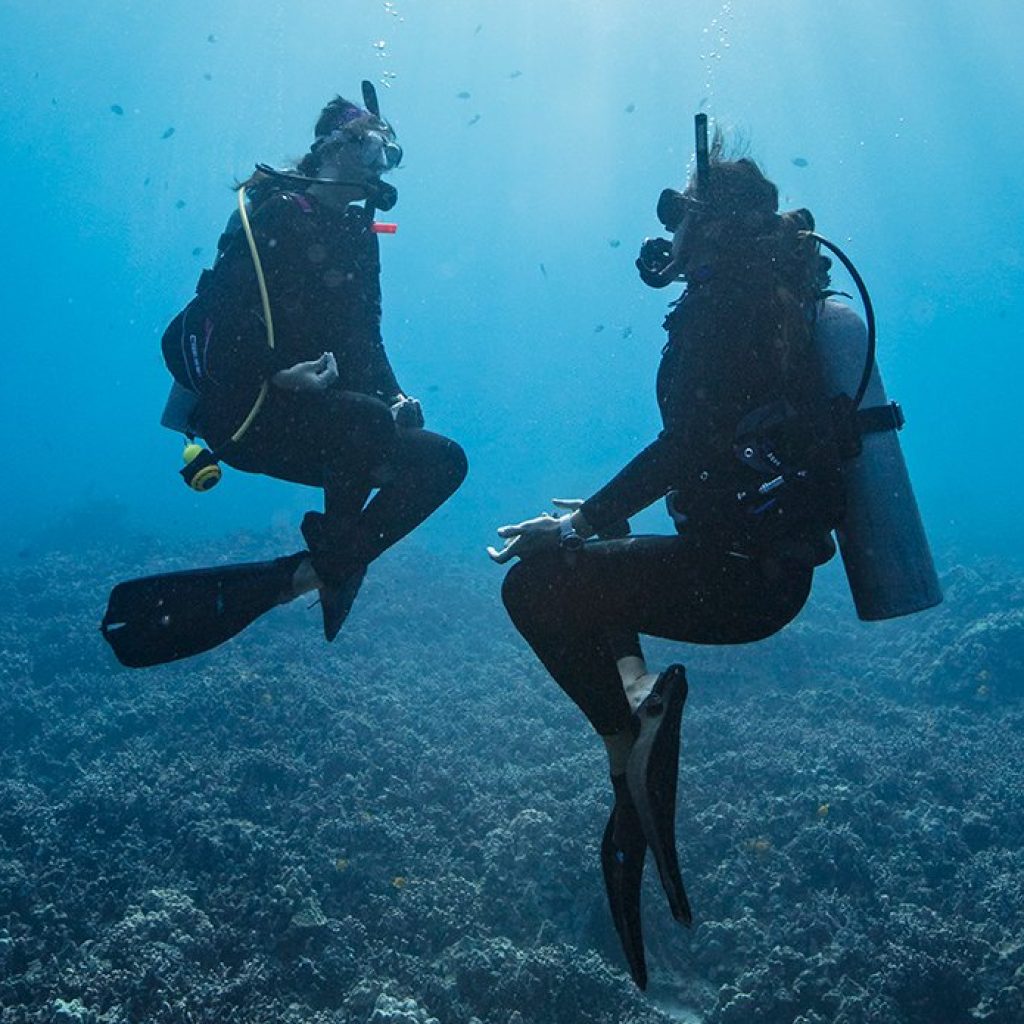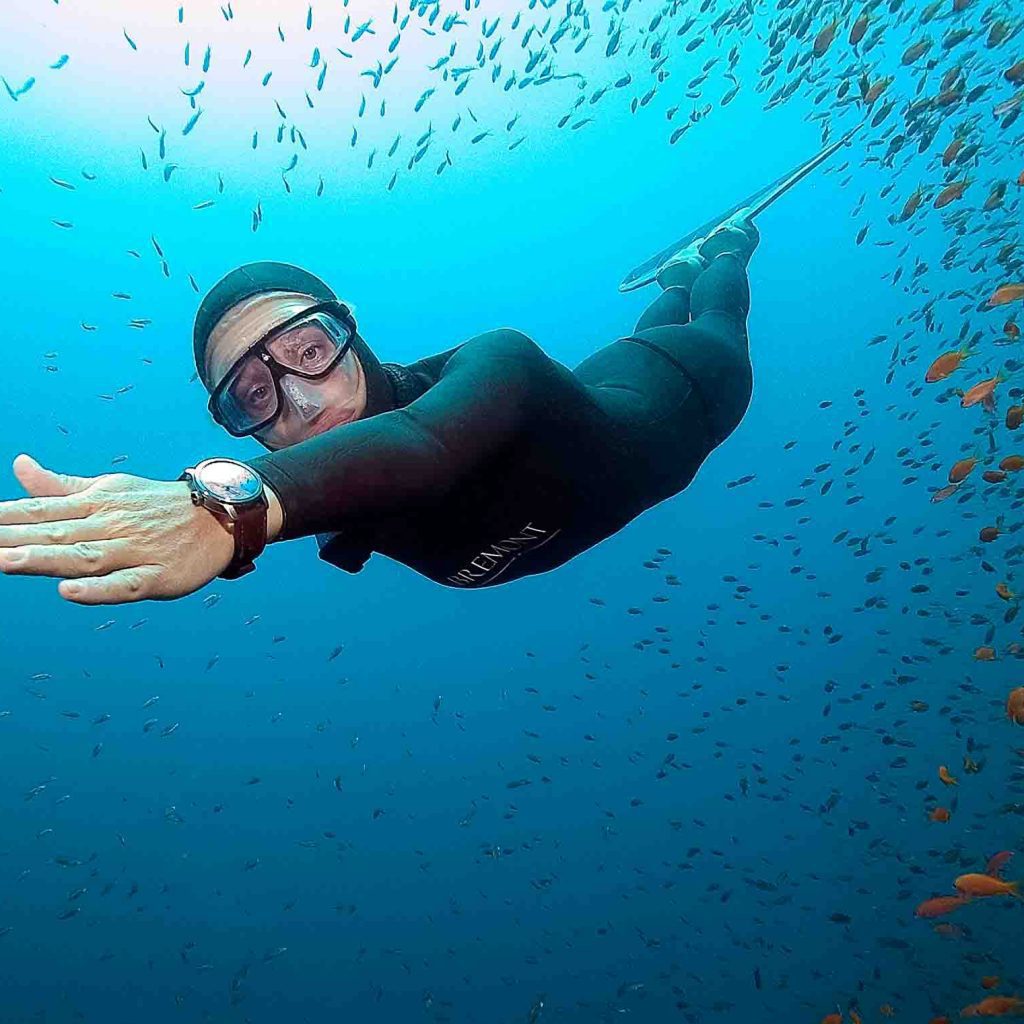Become a Master Freediver!
If you’re an advanced freediver who wants to learn how to fine-tune your lifestyle and training so that you can approach elite freediving levels, then a master freediving course is for you. Through focused sessions, you’ll go to work on your static apnea, dynamic apnea, free immersion and constant weight techniques and mental training skills.
Three main phases:
Knowledge development about nutrition, relaxation and advanced breathing techniques.
Confined water session to improve static and dynamic apnea attempts, including a no fins dynamic apnea. Goal – static apnea of 3 minutes, 30 seconds and dynamic apnea of 70 meters/230 feet.
Open water sessions to practice mouthful equalization and perform warm-up and workup dives for free immersion and constant weight freediving. Goal – constant weight freedive of 27 meters/90 feet.

